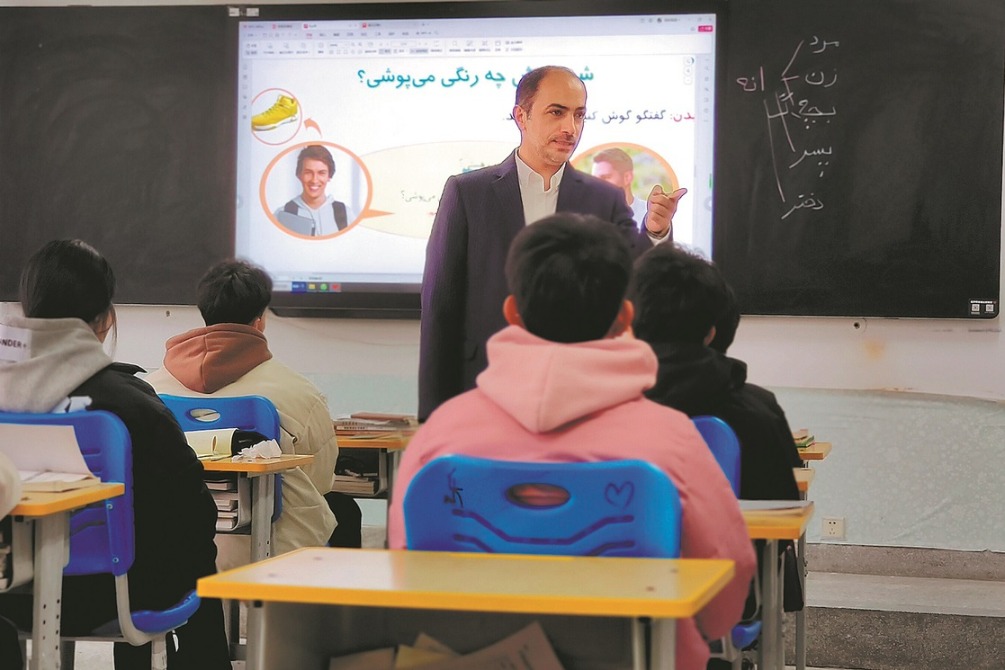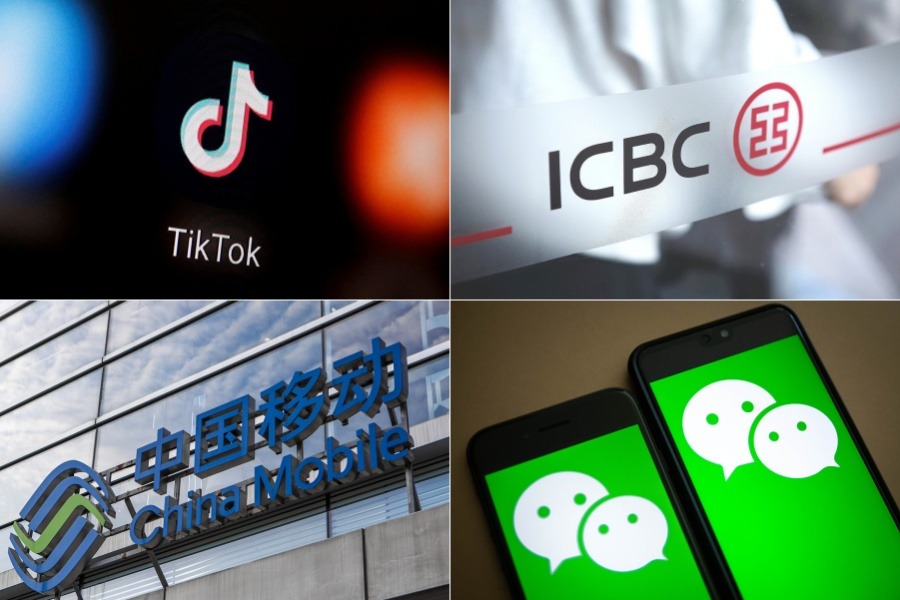New plan beckons Chinese securities market
By Wang Jinbin | China Daily | Updated: 2020-11-02 10:15

While the COVID-19 pandemic has ruthlessly rattled the world, it has also provided unprecedented opportunities for innovators. Investors' pursuit of technology stocks despite the epidemic is one clear sign.
In the securities market, the rally of technology stocks is always concurrent with bubbles. The success of technology stocks is decided by the market. But market choice fails sometimes, as the market is not always efficient. In other words, the market's incorrect pricing of some technology stocks underlines the importance of choosing the right technology stock targets.
A vibrant financial market will inject dynamism into the real economy, said President Xi Jinping in a meeting in 2017. The conclusion has highlighted that the development of financial services is crucial for sustained economic growth.
The COVID-19 pandemic has resulted in hedging policies of the largest scale in human history. According to the information provided by the International Monetary Fund's Policy Tracker that includes 196 economies, all of these economies had come up with suitable fiscal, monetary, foreign exchange and financial market policies by Sept 25, which were all aimed to offset the negative impact exerted by the epidemic on economic activities and social life.
As it is still uncertain as to how long the epidemic will last, there are both optimistic and pessimistic outlooks in the market. But the average estimate is that the pandemic will likely last for about two years. The recovery of the world economy will go on amid the combat against the epidemic.
Based on the macroeconomic policies affected by the epidemic, low interest rate environment will go together with increased government debt. According to the expressed views of US Federal Reserve Chairman Jerome Powell on monetary policy, extremely loose monetary policy can be expected in the next few years as the country will take quite a long time to see economic recovery.
Against the backdrop of globalization, rational consumers will not pursue products by excessively using currencies even though the central banks might have released too much liquidity in the market. On the other hand, investors will enter the capital market.
Unemployment rate is now less closely related to inflation rate. This is the core reason that the Fed has changed the focus of its monetary policy from absolute value of inflation targeting to average value of inflation targeting. The Fed has thus increased its tolerance for inflation to stimulate employment.
The eurozone and Japan have adopted zero or negative interest rate for about four years. The US and the UK have reached zero interest rate level since this March. Therefore, it can be inferred that a low interest rate will continue in the major developed economies for quite a long time.
The zero interest rate age ushered in at major developed economies will make Chinese financial assets more attractive. By the end of August, China's central bank had kept its policy interest rate at around 3.85 percent, which was much higher than the 0.13 percent and 0.1 percent in the US and the UK respectively.
The difference between China's policy rate and that of developed economies ensures much room for the renminbi's exchange rate. In other words, it is needless to worry about short-term capital outflows due to contracted interest rate difference or the depreciation of the yuan.
On the other hand, China has achieved major strategic results in epidemic prevention and control. This not only helps China to be ahead of the rest of the world in terms of economic recovery, but also provides a historic opportunity to advance the deepened reform in the securities market while low interest rates prevail in the rest of the world.
Two issues should be addressed to carry out the reform in the Chinese securities market, especially in the stock market.
First, the fear of "international hot money" should be removed. Efforts should be made to accelerate the opening-up of the capital account and increase the quota for bond and equity investment.
The "hot money" helps correct the wrong market pricings. Arbitrage is one of the fundamental ways to adjust assets' prices. It is also a basic tool to match assets' market value with their intrinsic value. International financial centers have no fear of hot money, as the transparent and marketized mechanism will minimize arbitrage opportunities.
Second, the infrastructure of the financial market should not be overlooked while fintech is taking shape. Technology will never replace mechanism in the financial market. The predicament of peer-to-peer lending has proved that the construction of financial infrastructure is far more important than the innovation of fintech.
The development of the financial market is based on the pricing of credit. Fintech can better explore credit information and facilitate trading, but it can never replace credit. The evil side of humanity can be restrained and the good part of humanity can be awarded by perfect mechanism. Only in this way can the market credit be enhanced, and the development of the financial market show higher quality.
For the Chinese stock market, the protected interest of individual investors is the cornerstone of the market's sound and sustained development. The Chinese top regulators have made great efforts in this regard over the past few years.
In late July, the China Securities Regulatory Commission said in a midterm meeting that it will crack down on any illegal acts in the capital market. Efforts will be made to step up crackdowns on fraudulent issuance, misstatements, insider trading and market manipulation.
A coordination mechanism will be set up to crack down on illegal acts and a class action mechanism for the securities market can be expected in the near term. All these are the legislative or regulatory infrastructure required to promote the high-quality development of the capital market.
The Chinese public companies attach great importance to financing and cashing out while a large number of them are not willing to pay out dividends. The way that major shareholders decrease their equity should be redesigned to soften the direct impact on the secondary market.
Meanwhile, short-term speculation will only be encouraged if listed companies do not pay out dividends, which will result in intense market volatility and big risks. Therefore, punishment should be set for companies that have not paid any dividends for years.
The next three to five years will be a key period for the Chinese securities market to further level up. China's new dual circulation development pattern, combined with the loose global currency environment and high liquidity, has provided unprecedented opportunities for the Chinese securities market.
While the country opens its markets up even more to foreign investors, fundamental changes should be made in the securities market to ensure the internationalization of China's financial market.
The writer is the executive deputy Party secretary of the School of Economics at the Renmin University of China. He is also a researcher at the National Academy of Development and Strategy of RUC, and a member of the China Macroeconomy Forum.
The views don't necessarily reflect those of China Daily.
























